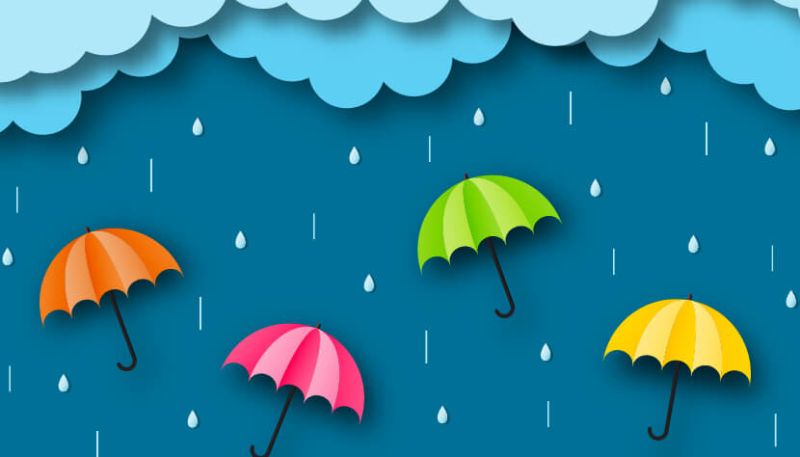-
Stay Informed:
- Pay attention to weather forecasts and warnings issued by local authorities. Stay informed about the expected rainfall and any potential weather-related threats.
-
Avoid Flooded Areas:
- Never walk or drive through flooded streets or areas. It's challenging to judge the depth of the water, and even a few inches can sweep you away or damage your vehicle.
-
Create an Emergency Kit:
- Prepare an emergency kit with essential items like non-perishable food, water, flashlights, batteries, a first-aid kit, and important documents. Have it readily accessible in case of a power outage or evacuation.
-
Clear Drainage Systems:
- Ensure that storm drains, gutters, and downspouts around your home are clear of debris. This helps prevent water from pooling around your property.
-
Secure Your Home:
- Secure loose objects around your home that strong winds could blow away. Also, check your roof for leaks, and ensure your doors and windows are properly sealed.
-
Plan Evacuation Routes:
- Know the evacuation routes in your area and have a plan in case you need to evacuate. Inform family members of the plan and where to meet in case you get separated.
-
Stay Away from Rivers and Streams:
- Do not camp or park near rivers or streams during the rainy season. Water levels can rise rapidly and pose significant dangers.
-
Avoid Landslide-Prone Areas:
- If you live in an area prone to landslides, be prepared to evacuate if necessary. Keep an eye on the surroundings for any signs of land movement.
-
Use Caution on the Road:
- Drive carefully in wet and slippery conditions. Reduce your speed, increase your following distance, and use your headlights when visibility is low.
-
Be Wary of Lightning:
- If you're outdoors during a storm, seek shelter in a safe building or vehicle. Avoid standing near tall objects or bodies of water.
-
Turn Off Electrical Appliances:
- During a storm, unplug sensitive electrical equipment and appliances to protect them from power surges.
-
Check on Vulnerable Individuals:
- Keep an eye on elderly relatives, children, and anyone with mobility issues, as they may require assistance during an emergency.
-
Assist Others:
- If you can do so safely, help others who may be in distress or need assistance during floods or emergencies.
-
Avoid Driving Through Fast-Moving Water:
- Do not attempt to cross fast-flowing rivers or streams, and stay away from flooded roads and bridges. Swift water can carry vehicles away.
-
Stay Calm and Patient:
- In emergency situations, remain calm, listen to authorities, and follow their instructions. Panic can hinder your ability to make sound decisions.
By following these safety tips, you can help protect yourself, your loved ones, and your property during the rainy season.




Comments (0)